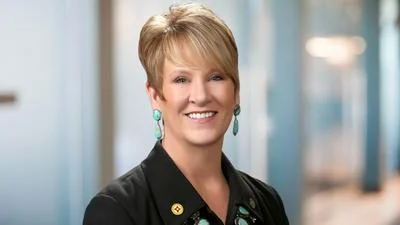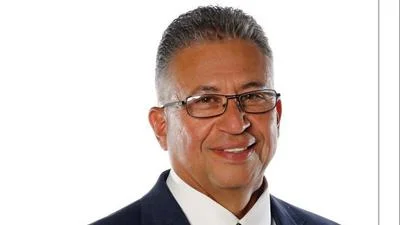Hyperspace Challenge, the U.S. Space Force accelerator, on Wednesday revealed its 2023 program in collaboration with Space Force's Space Rapid Capabilities Office (Space RCO). The program's focus will be to bring together researchers and companies possessing advanced technologies to collaborate with Space Force in finding solutions to enhance the resilience of space assets, including satellites, against potential threats.
"Advancements in space are driving a paradigm shift on earth that have the potential to be socially and economically transformative," Matthew Fetrow, Space RCO communications manager, said in a July 19 Central New Mexico Community College (CNO) news release.
The program encourages applications from traditional space and aerospace/defense industries, as well as nontraditional sectors such as automotive, manufacturing and cybersecurity, the release said. As a component of the program, participants will have the opportunity to collaborate directly with government officials from Space RCO.
“The space assets enabling these advancements are increasingly at risk,” Fetrow said in the release. “We need to be able to protect these assets from growing threats, and we need to do it quickly.”
Established in 2018 through a partnership between the Air Force Research Laboratory (AFRL) and CNM Ingenuity, the Hyperspace Challenge was designed to accelerate cooperation between startups, university research teams and government entities, thereby propelling space innovation to new heights; the release said. Currently overseen by CNM Ingenuity in collaboration with AFRL and the U.S. Space Force, the accelerator fosters an innovation ecosystem focused on promoting connections and community. To date, the program has provided support to more than 60 small businesses and universities from various locations in the United States and abroad.
“In addition to companies already targeting the space market, we need to be partnering now with non-space companies and researchers who can think creatively about the technologies they already use in their own fields that could have wider-reaching applications in space,” Fetrow said in the release. “This is not necessarily your typical space cohort: we are interested in companies with advanced technologies that may or may not be operating in the space industry at all now. We’ve already said the future of space includes everyone. That future is now.”









